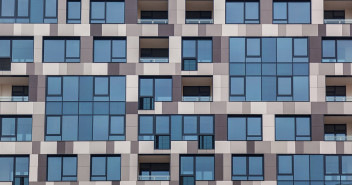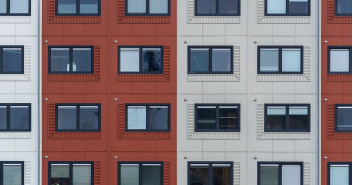Modular Office Building Construction
As demand for office space grows, developers look to modularization to expedite construction timelines and reduce utility expenses.
The commercial real estate industry has experienced its fair share of pressures in the last decade. As the nature of the traditional office environment changes and competition grows as a result of economic conditions, companies in this industry are exploring new ways to maximize efficiency both during construction and long after.
By taking advantage of modular construction, developers of office buildings can complete projects quicker and remain competitive.
Demand for office space is growing.
The need for office space has been steadily increasing, particularly in areas of the United States that have experienced the largest economic growth throughout the past 10 years. As these businesses continue to add new employees and outgrow current spaces, office buildings must compete to attract those potential tenants.
Attracting tenants requires available space, prompting many developers to construct new buildings in fast-growing areas. With such competition, it’s only natural to strive to open these as soon as possible, so as not to lose businesses to existing buildings or those who open their doors sooner.
By bringing the vast majority of the construction process into an off-site assembly facility while on-site components such as the foundation and footings are built, modular construction can cut the total time of construction by as much as 50%, meaning developers can arrive on this competitive scene ready to sign new tenants as much as 50% sooner than through traditional means.
The preferred short-term and long-term choice.
Managing an office building successfully means more than ensuring it attracts tenants upon opening. Taking steps to reduce the costs associated with the building’s day-to-day operations will contribute to the financial feasibility of the offices for years to come.
Steel buildings of any type inherently possess long-term benefits such as strength and resistance to pests and mold that could necessitate repairs in wood-built structures. Steel modular buildings, however, have additional long-term benefits on top of these.
Along with the short-term financial advantages of choosing modularization with steel comes greater efficiency and potential reductions in maintenance costs.
One of the most expensive aspects of an office building is its utilities, such as heating and cooling, which can account for more than one-fifth of its total, ongoing expenses. As modules’ seams and insulation are assembled with factory-level precision, each unit is better equipped to retain warm or cool air than its site-built counterparts. Maintaining the desired temperature much more efficiently leads to direct energy cost savings throughout the life of the building.


